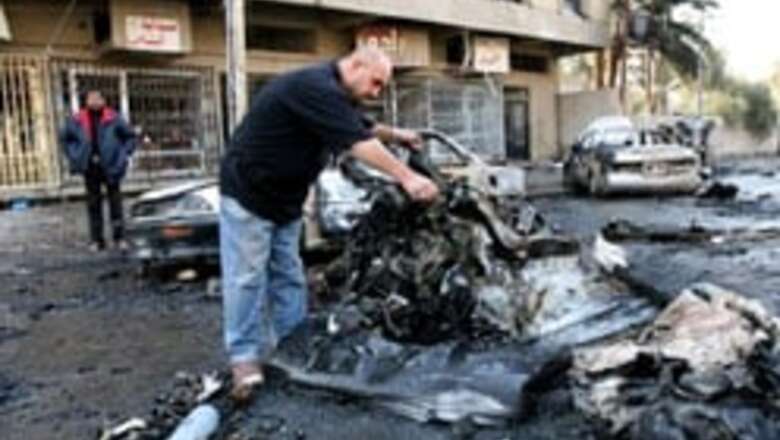
views
Baghdad: At least 46 Iraqis died in bombings on Saturday, including one planted on a minibus that exploded in a fish market in a mostly Shiite town south of Baghdad.
The man blamed for parking the vehicle in Kufa, a Shiite town 100 miles south of Baghdad, was cornered and killed by a mob as he walked away from the explosion, police and witnesses said.
Another explosion killed 15 civilians and wounded 25 in Hurriyah, a mixed neighbourhood of the Iraqi capital, police said.
There was no indication the attacks were related to the execution of Saddam Hussein. They came on the eve of when Iraq's Shiites begin celebrating Eid al-Adha, the most important holiday of the Islamic calendar, and shoppers crowded into markets to buy supplies for the four-day festival.
At least 58 people were wounded in the Kufa blast, said Issa Mohammed, director of the morgue in the neighbouring town of Najaf.
Television footage showed hundreds of men in traditional Arab headdresses swarming around the minibus' charred frame, toppled on its side in the street. Ambulances and fire trucks pulled up to the site, and a coffin could be seen being loaded onto the top of a car.
Deadliest month for US
The US military announced the deaths of three Marines and two soldiers, making December the year's deadliest month for U.S. troops in Iraq with the toll reaching 108.
The Marines, all assigned to Regimental Combat Team 5, died Thursday of wounds from fighting in western Anbar province, the U.S. military said. A soldier assigned to 1st Brigade, 1st Armored Division and also died in combat in Anbar, and another was killed by a roadside bomb in northwest Baghdad, the military said.
Their deaths pushed the toll past the 105 US service members killed in October. At least 2,997 members of the US military have been killed since the Iraq war began in March 2003, according to an AP count.
PAGE_BREAK
Saddam was hanged early Saturday, after his conviction last month for crimes against humanity in connection with the 1982 killings of 148 Shiites. Despite concerns about a spike in unrest, Saturday's violence was not unusually high.
Curfews were enforced in Saddam's hometown of Tikrit and in Samarra, both in the predominantly Sunni Salahuddin province north of Baghdad.
Mostly peaceful demonstrations broke out in several towns across Iraq, with hundreds of people marching in the streets carrying Iraqi flags and banners. Despite the curfew, gunmen in Tikrit paraded with his picture and fired their weapons into the air, calling for vengeance.
Police said Iraqi troops arrested 39 suspects with ''quantities of weapons'' in Balaz Ruz, 70 km (45 miles) northeast of Baghdad.
On Friday, a suicide bomber killed at least nine people near a Shiite mosque in Baghdad, and 32 tortured bodies were found across the country.
American troops killed six people and destroyed a weapons cache in separate raids Friday in Baghdad and northwest of the Iraqi capital, the US military said. One of the raids targeted two buildings in the village of Thar Thar, where U.S. troops found 16 pounds of homemade explosives, two large bombs, a rocket-propelled grenade, suicide vests and multiple batteries, the military said.
Iraqi forces backed by U.S. troops entered a mosque southeast of Baghdad, capturing 13 suspects and confiscating weapons, the U.S. military also said.
December was also shaping up to be one of the worst months for Iraqi civilian deaths since The Associated Press began keeping track in May 2005.
Through Thursday, at least 2,139 Iraqis have been killed in war-related or sectarian violence, an average rate of about 76 people a day, according to an AP count. That compares to at least 2,184 killed in November at an average of about 70 a day, the worst month for Iraqi civilians deaths since May 2005. In October, AP counted at least 1,216 civilians killed.
The AP count includes civilians, government officials and police and security forces, and is considered a minimum based on AP reporting. The actual number is likely higher, as many killings go unreported.












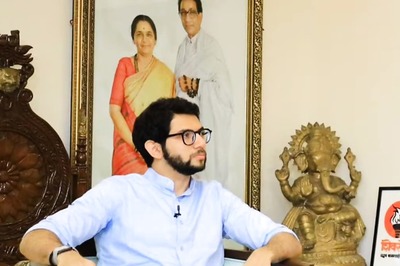
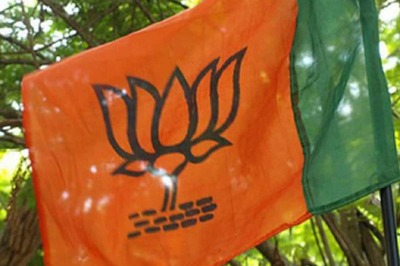

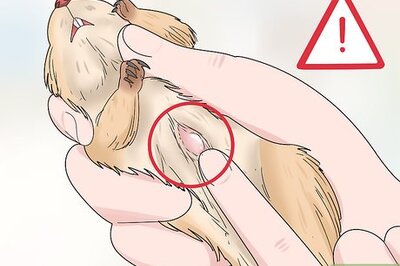
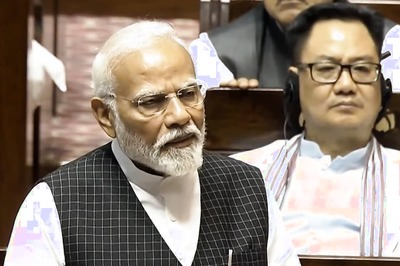

Comments
0 comment